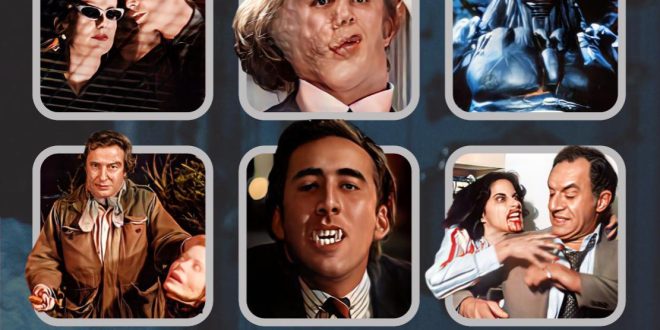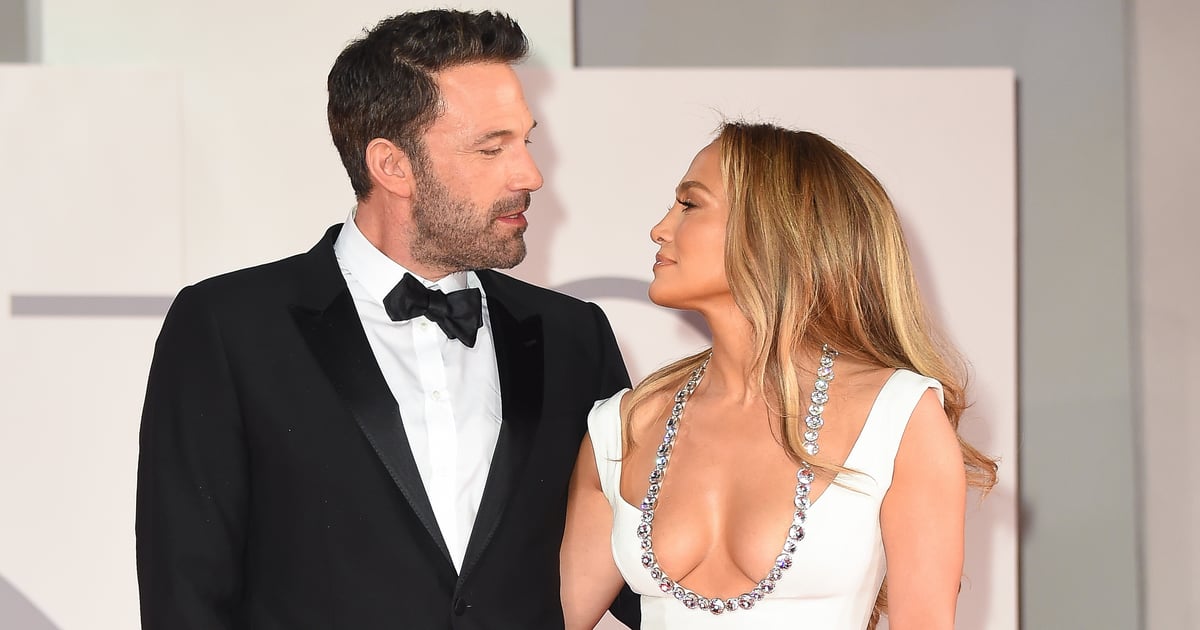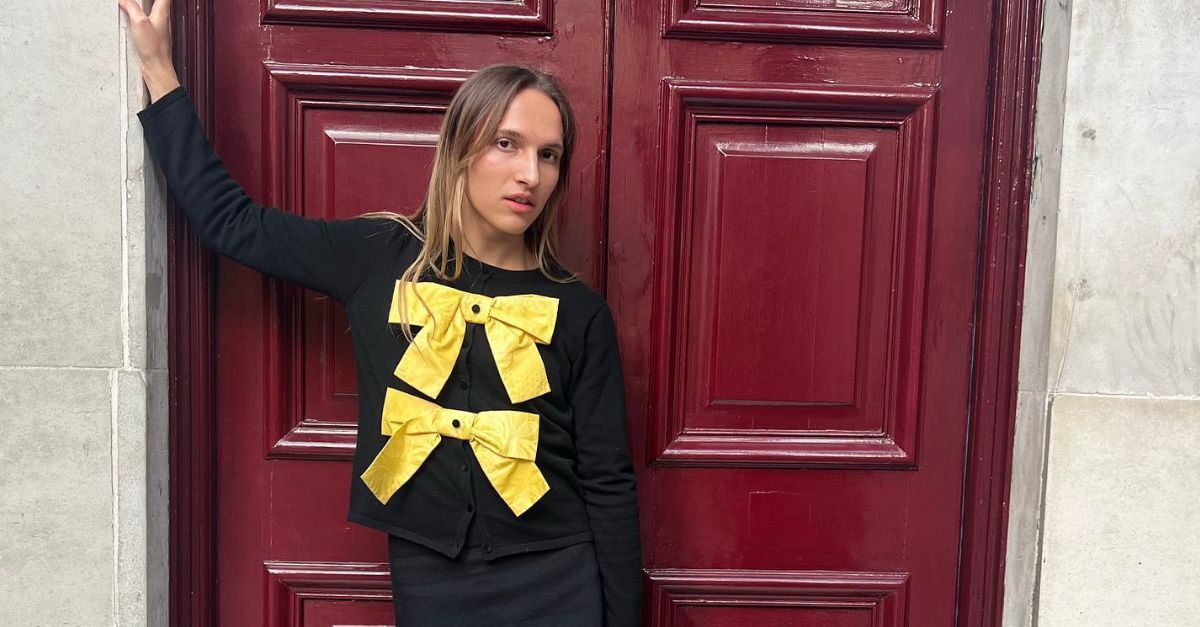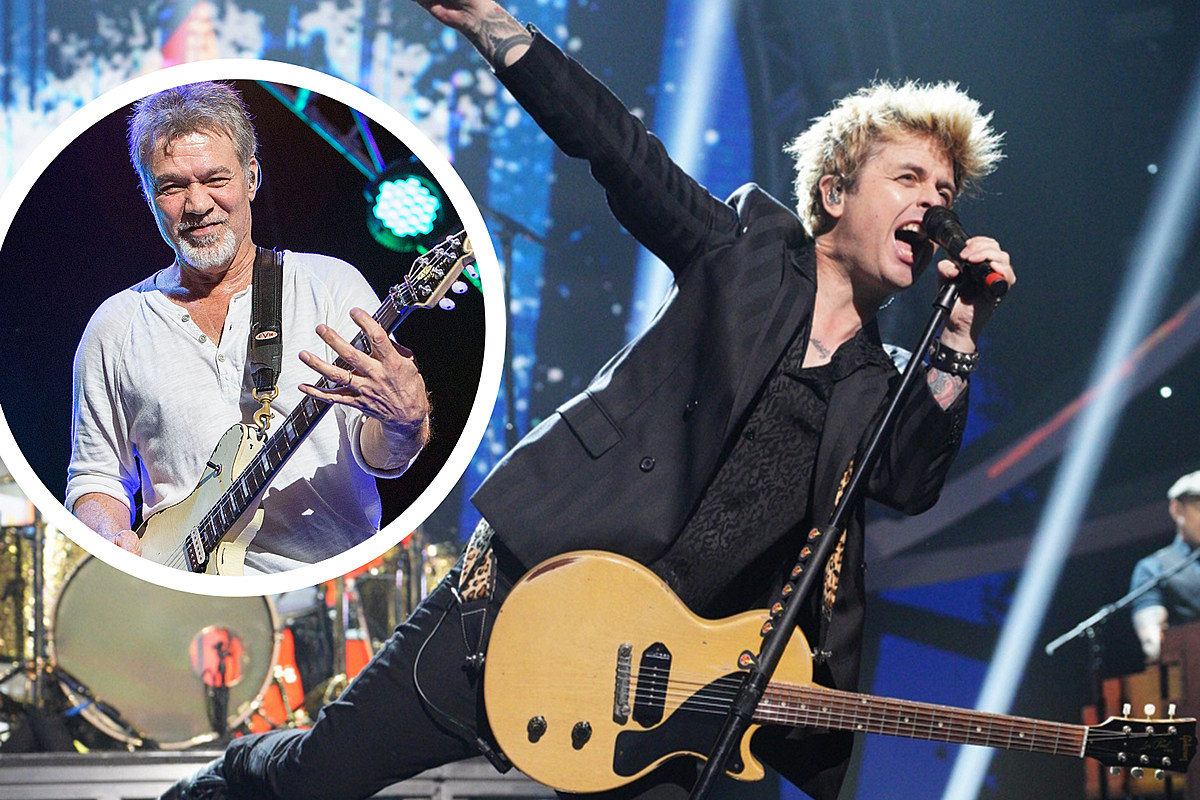Five years after igniting the original slasher craze, Sean S. Cunningham returned with another harrowing tale of young people in danger. And similar to Friday the 13th, this 1985 movie concerns unlucky teens on the receiving end of someone’s revenge. The only difference here, though, is this threat hits much closer to home. The New Kids draws from another prevalent Hollywood trend — violent street gangs and the communities they terrorize — and tells a unique coming-of-age story.
The New Kids starts with Tom Atkins’ character dragging his two teenage children, Loren (Shannon Presby) and Abby McWilliams (Lori Loughlin, Amityville 3-D), out of bed for an early-morning workout on the army base. He indeed jokes about his son being too tired from “whacking off” and he comments on his daughter’s “sexy little bod,” but after previously playing an abusive father in Creepshow, this role is relatively wholesome for Atkins. Sadly, Loren and Abby’s father only appears for a good five minutes before he and his wife die off screen in a car accident. So other than a cheesy montage to remember him by, the colonel’s sole contribution in the movie is teaching his kids how to defend themselves.
The McWilliams orphans are soon whisked away to rural Florida by their estranged uncle Charlie (Eddie Jones, C.H.U.D.). He relocates them to a backwater called Glenby — really Homestead, a suburb of Miami — and puts them to work in their new home: a rundown gas station and amusement park a few hours south of Disney World. Apart from having to share a room and spending their free time pumping gas or repairing rides, Loren and Abby’s lives are uneventful. Their fresh start only comes to an end when they piss off a bad crowd at school. Before long, these antisocials go from playground threats to full-blown harassment.
Something The New Kids gets refreshingly right is its protagonists. Loren and Abby aren’t feuding nonstop, and they avoid one-dimensionality in spite of their unassuming natures. Abby, who has the hardest time accepting the situation at hand, becomes emotional when Loren gives most of their inheritance to Uncle Charlie, and when she reaches out to a family friend from the army. Abby craves structure in a time of chaos. As for Loren, there is a dark side to him that comes out in small bursts. He goes against his father’s teachings when he starts to incite violence rather than stop it. Loren and Abby’s actors may not look the parts, but the principal characters feel and act like actual teenagers trying to overcome extraordinary circumstances.
Bullies are par for the course in most ‘80s teen movies. However, James Spader’s Eddie Dutra makes the Johnny Lawrences and the Biff Tannens of the decade look like goody two shoes. With bleach-blond locks and eyebrows to match, plus a hankering for both silk shirts and Florida snow, Dutra is a real piece of work. To quote Eric Stoltz’s character, Eddie “gives new meaning to the word ‘unpleasant.’” In his collection of essays, Perspectives on Harry Crews, uncredited New Kids co-writer Harry Crews openly wrote about his dissatisfaction with not only the whole movie, but also Spader’s inability to do what he deemed an authentic Southern accent. Even so, Spader’s colorful and memorable performance here was a good warmup exercise for other contentious characters in his career.
The antagonists’ ringleader wastes no time making the audience hate him as he and his second-in-command, Gideon (John Philbin, The Return of the Living Dead), place a bet; they wager to see who can hook up with Abby first. While that might sound like the beginning of a John Hughes flick, how Eddie and Gideon go about courting Loughlin’s character kills any chance for a star-crossed romance. Teen movies of any era insist that opposites attract, but The New Kids is more sensible in this one area. Abby immediately sees Eddie and Gideon as dirtbags who can’t take no for an answer. And in what could be seen as a welcome change for the time, Abby instead dates Stoltz’s character Mark, who is the furthest thing from the dangerous type.
With traditional horror not being his forte, screenwriter Stephen Gyllenhaal instead looked to his fascination with violence in society. The two sets of teen characters ultimately come to blows because the McWilliam kids change the town’s dynamic. Everyone remains in a state of ignorant bliss so long as they put up with Dutra and his ilk, and look the other way. The McWilliams, however, are not intimidated by these delinquents. Loren and Abby’s background as army brats makes them less willing to back down. A difference in social class also has something to do with the overall conflict, though Loren and Abby’s current living situation is a far cry from their old one. Even so, Abby’s rejection of Dutra and Gideon could be seen (from their perspective) as her turning her nose up at them. These bad boys might be used to being treated as outcasts, and they might even enjoy the fear they cause, but that status has made them more self-aware about their place in Glenby, not to mention the world.
While billed as a horror movie, The New Kids would be better described as an action-thriller with horror elements. That certainly doesn’t make it any less intense, particularly once Dutra refuses to withdraw. It’s not until the last act when the story becomes brutal. Dutra hasn’t made Loren and Abby feel welcome in the slightest; he and his cohorts have vandalized Uncle Charlie’s property, killed Abby’s rabbit, and beat up Loren. They escalate things when they abduct Abby from a school dance, then attempt to rape her before setting her on fire. Brian Taggert’s history as a horror screenwriter (Visiting Hours, Of Unknown Origin) comes out here in full bloom as the McWilliams fend off their gun-toting attackers at the amusement park. Dutra’s gang blasts the place up in a desperate bid to stay in control of the land, but after all the fracas, the heroes finally come out on top.
The New Kids is a tonally confusing movie where the audience’s whiplash comes from the apparent fact that the director and writers couldn’t land on the same page. This would explain why the movie, when held up to the light, feels like two different scripts being mashed into one. That happy ending is especially tacked on. Despite its shortcomings, though, this unusual actioner has found itself a loyal following. The engaging leads, the loathsome villains, and a startling amount of hard violence all help to maintain this teen movie’s cult status.
Horror contemplates in great detail how young people handle inordinate situations and all of life’s unexpected challenges. While the genre forces characters of every age to face their fears, it is especially interested in how youths might fare in life-or-death scenarios.
The column Young Blood is dedicated to horror stories for and about teenagers, as well as other young folks on the brink of terror.





















































































